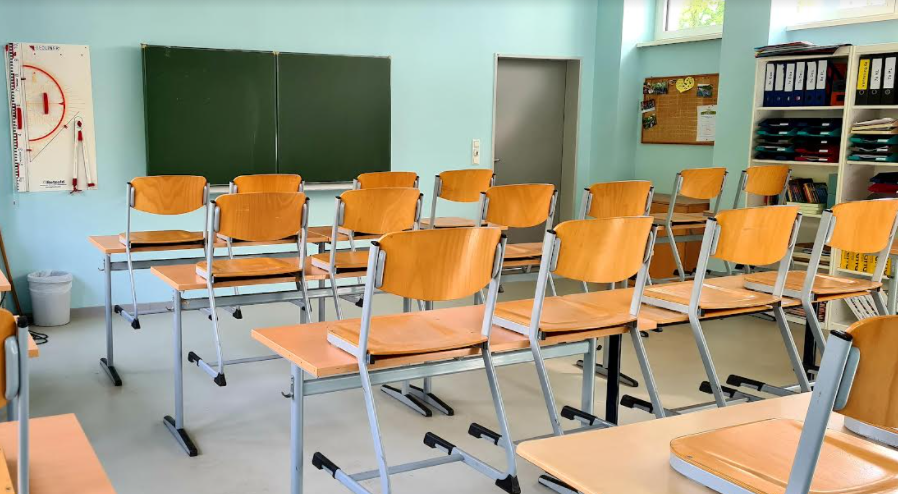Saxony-Anhalt is the first federal state to test the new so-called 4+1 project at schools – A model project for organizing lessons in which pupils only have to come to school 4 days a week. But in politics and the teachers’ unions there is already talk of a “declaration of bankruptcy” by the Ministry of Education.
This recently explained that the new model project, which is initially only being tested at 12 secondary and community schools in the country, is intended to create more flexibility in lesson planning and lesson implementation. Accordingly, regular face-to-face teaching should take place four days a week, while the fifth day should be used for individually plannable, practical, digital, hybrid or phases of self-organized learning.
However, the Education and Training Association (VBE) sees exactly this idea as a great danger. After all, such a distance learning day has to be extremely well prepared, carried out and followed up in order to embed it meaningfully in everyday teaching. In practice, the spontaneously introduced day of the week would either waste valuable time or mean significantly more work for the teachers, who are already under a lot of work. The president of the German Teachers’ Association also spoke of a “savings model”, which should primarily help the ministry to improve the statistics on the absence of lessons.
And politicians are also increasingly criticizing both the idea and the approach of the Ministry of Education. For example, Katja Pähle, the parliamentary group leader and education policy spokeswoman for the SPD, explained that the state parliament resolution, which was also supported by her party, only provided for the organization of lessons in the school and not for example the relocation from the school. “The aim of the decision was actually to create time for the lessons to work with the students and at the same time not to burden the teachers with more lessons.” She therefore asked the CDU Minister of Education Feußner to stand by her own proposal and not shifting the responsibility to the parliamentary groups. After all, it was not voted on within the coalition.
The left faction was also angry about the current events. For example, the government coalitions only mentioned the internal organizational model of an 80 + 10-minute division of lessons, but at no time did a 4-day week be mentioned.
In a statement on this subject, the parliamentary group also criticized the fact that the CDU was trying to soften compulsory schooling and to relieve the schoolchildren of secondary and community schools from their responsibility for one day.
“One has to ask, however, why this ‘innovation’ is only for secondary and
It is so important for community schools that it should be transferred to regular operations as quickly as possible, and not for grammar schools,” the parliamentary group continued. – The reason could be found in the provision of lessons, which is still on average at almost 100 percent in high schools and will officially be well below 90 percent in secondary and community schools in the coming school year!



